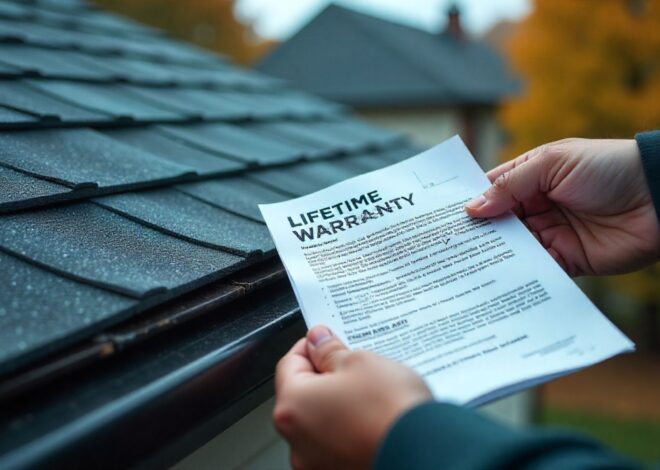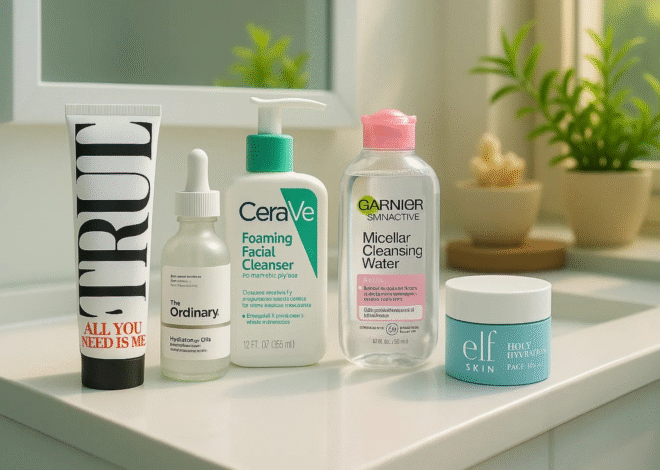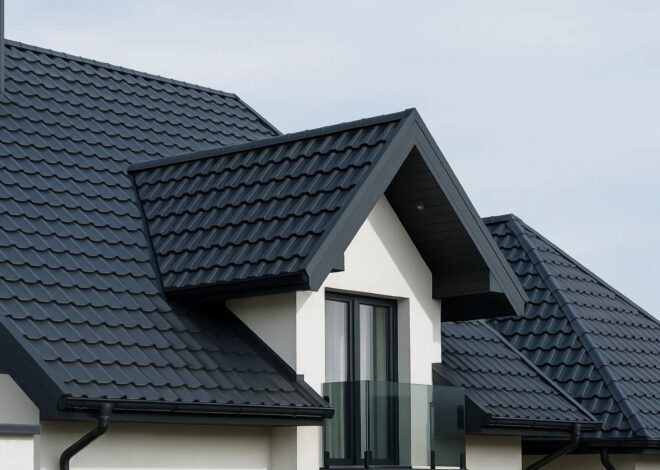
The Rise of Sustainable Fashion in the UK
The UK Fashion Market is Changing Fast
Suppose you have walked through a local market in Liverpool or browsed social media lately. In that case, you’ve probably noticed there are so many people who are carrying cotton tote bags or wearing eco-friendly products or products made from recycled fabrics and materials. This isn’t just a passing trend. It’s part of a much larger shift toward sustainability—and it’s happening now.
The UK’s Growing Love for Sustainable Fashion
Let’s talk numbers:
In 2024, the UK’s sustainable fashion market hit around USD 261 million. Now here’s the kicker—it’s expected to grow to nearly USD 1.76 billion by 2033. That’s a CAGR of over 23%.
Why?
Because British consumers are thinking beyond style. They want products that align with their values—clean, green, and ethical.
Government pressure is also part of the story. With efforts to cut carbon emissions and reduce waste, brands and suppliers are extending towards more environmental-conscious practices.
Tote Bag: Not Just for Groceries
The tote bag had a big glow. Once a simple way to carry books or grocery items, they are now making statements – literally and stylistically. Whether it is a bold slogan or a canvas tote with a minimal jute bag, people are hugging the bag again as part of their daily fashion.
The UK tote bag market alone is projected to grow by over USD 612 million between 2024 and 2028. That’s not small change.
Why They’re Trending:
- Customization: With easier access to digital printing, retailers and consumers alike are personalizing tote bags to reflect personal style.
- Instagram-Worthy Appeal: Aesthetic matters. Gen Z and millennials are sharing their outfits online, and a chic eco bag is the perfect accessory.
- Material Choices: Organic cotton, jute, and recycled poly-cotton blends are hot. They’re not just eco-friendly; they feel good too.
Let’s Break Down the Market
Here’s a quick snapshot of what’s happening across different product types:
| Product Category | UK Market Size (2024) | Projected CAGR (2024–2031) |
| Sustainable Fashion | USD 261 million | 23.6% |
| Tote Bags | USD 612.15 million | 3.96% |
| Jute Bags | USD 21.01 million | 4.8% |
| Reusable Bags Overall | USD 632.13 million | 3.3% |
Note: These figures are based on market reports from IMARC Group, Research Nester, and SUNTEAM Bags.
Not Just Bags—The Rest Matters Too
Let’s not stop at bags. Eco-conscious Brits are expanding their shopping lists. Products like beanies made from recycled yarn, aprons stitched from hemp fabric, and bamboo fiber socks are showing up on shelves.
Fashion-conscious consumers are looking for utility blended with responsibility. And when it comes to accessories like bucket hats, brands that show transparency about their materials are winning hearts—and wallets.
Consumer Behavior: What Do UK Shoppers Really Want?
It’s not just about looks anymore. According to a 2024 report:
- 57% of British shoppers say sustainability matters in their buying choices.
- Globally, 82% of consumers are willing to spend more on products with sustainable packaging.
Among Gen Z? That number jumps to 90%.
The takeaway? People aren’t just buying products; they’re buying stories, values, and causes.
What You Can Do as a Manufacturer
If you’re supplying eco-friendly goods to the UK, here’s how to stay ahead:
- Go Deep on Sustainable Materials
- Choose GOTS-certified organic cotton or natural jute.
- Use recycled PET, RPET, or even upcycled denim for accessories.
- Diversify Your Product Line
- Don’t limit yourself to bags.
- Explore aprons, hats, scarves, and even eco-friendly packaging.
- Focus on Transparency
- Share the journey of your materials—from sourcing to stitching.
- Use QR codes on labels to link customers to sustainability reports.
- Collaborate Creatively
- Partner with eco-influencers or sustainable lifestyle bloggers.
- Create limited-edition product lines with artists or designers.
Final Thoughts: Now’s the Time
Sustainability is more than a buzzword—it’s the future of UK fashion. From the streets of London to weekend parades in Liverpool, eco-friendly fashion is making waves. And if you’re a wholesale manufacturer producing products with purpose, your moment is now.
Understand the market. Embrace the values. And build a brand that future generations will thank you for.



